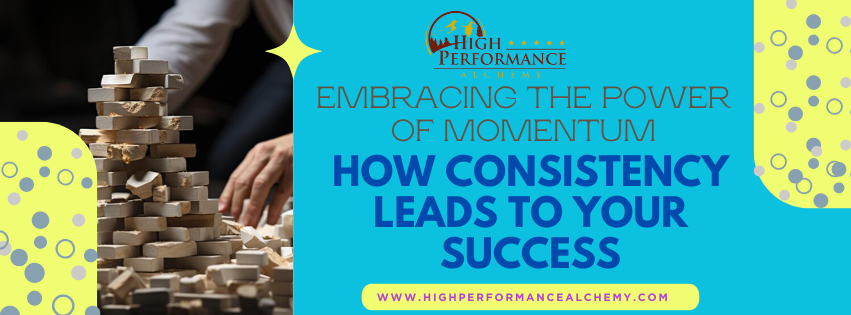Last month, I sat down to work with what seemed like a perfectly doable to-do list.
Just five items. Nothing overwhelming.
Tasks I had done before. Things I usually enjoy.
And yet—I couldn’t start.
Not because I was tired. Not because I was distracted.
I wasn’t even stressed.
But there I was… refreshing my inbox, rearranging my desk, checking WhatsApp and deep-diving into a fascinating article on how whales sleep (they rest one hemisphere of their brain at a time!).
Hours passed. My list remained untouched.
And I found myself asking: What’s wrong with me?
If you have ever sat there, stuck and frustrated, wondering how to overcome procrastination, you are not alone.
Understanding how to overcome procrastination isn’t about pushing harder—it’s about understanding your brain, your patterns, and creating the right kind of momentum.
In fact, behavioral science offers powerful insights into how to overcome procrastination without guilt or overwhelm.
It starts with one small step. Followed by another.
If you are searching for real, science-backed ways on how to overcome procrastination, you are in the right place.
This strange feeling—of not being able to start—hits many of us in mid-career and mid-life.
We have led teams, delivered under pressure, overcome huge challenges. And yet, some mornings, even the simplest task feels impossible to begin.
It’s easy to blame it on procrastination. Or laziness.
But often, it’s not that.
What you are experiencing is a loss of momentum.
And science has a name for this phenomenon.
The Zeigarnik Effect: Why Your Brain Craves Completion
In the 1920s, psychologist Bluma Zeigarnik made an important discovery. She noticed that waiters in a café remembered unpaid orders far better than paid ones.
Why? Because once a task is complete, the mind releases it. But when it’s unfinished, it stays active—lingering in your subconscious, nudging you to resolve it.
This is called the Zeigarnik Effect:
Our brains are wired to keep looping back to incomplete tasks.
But here’s the catch—you have to start the task first for the loop to open.
If you never start, your brain stays idle. No momentum. No pressure. No drive to complete.
Action Comes Before Motivation
Many of us operate under a common myth:
“Once I feel motivated, I will start.”
But research in behavioral psychology tells us the opposite is often true:
Action leads to motivation—not the other way around.
Even a small step—opening a document, replying to one email, putting on walking shoes—can activate the brain’s completion loop.
Once you begin, your mind naturally wants to finish.
That’s what happened to me that day. I told myself:
“Just open the file. You don’t have to do anything. Just open it.”
Five minutes later, I changed one line. Then adjusted a heading.
Before I knew it, the task was done.
I didn’t feel like doing it when I began. But once I began, the feeling changed.
Mid-Career, Mid-Life: Why Momentum Matters Even More
When we are younger, everything is new. We are constantly in motion—learning, failing, building.
But in our 40s and 50s, things start to settle. Our roles become stable. The challenges shift from urgent to abstract.
You may not be chasing promotions anymore.
You may be juggling aging parents, children and financial realities.
And slowly, the fire to “start” something new dims—not because you are tired, but because you are stuck in neutral.
This isn’t a character flaw. It’s physics.
Objects at rest tend to stay at rest.
Until something nudges them. Even a tiny push.
What Can You Do? Start Ridiculously Small
Instead of forcing big goals or waiting for big breakthroughs, try this:
🔹 Write one sentence.
🔹 Walk for five minutes.
🔹 Send one message.
🔹 Open the file, without committing to doing anything with it.
That’s it. No pressure. Just a gentle ignition.
And when you do it again tomorrow, you are no longer starting from zero.
Let Go of “Ready”
One of the biggest traps mid-career professionals fall into is waiting to “feel ready.”
Ready to make a career shift.
Ready to take that course.
Ready to ask for help.
Ready to begin again.
But readiness is often an illusion. Life rarely clears the path for us in advance.
The path gets clearer when we start walking.
You don’t need to overhaul your life today.
You just need to take the first step toward momentum.
You are Not Broken—Just Paused
If you have been feeling stuck, know this:
You are not lazy. You are not behind.
You are simply in a state of rest—and it’s reversible.
You have done harder things before. You will do them again.
But it starts not with a giant leap… just a shift.
A click. A call. A move toward motion.
One Tiny Step You Can Take Right Now
If you have been feeling the fog of mid-career stagnation, you don’t need a grand plan.
You need a small, human nudge.
We will figure it out from there—together.
#MidlifeCareerStagnation #HowToBuildMomentum #ZeigarnikEffectExplained #ProcrastinationVsLackOfMotivation #OvercomeStucknessMidCareer #SmallStepsToChange #ActionBeforeMotivation #BrainScienceAndProductivity #RestartingCareerMidlife #BehaviouralScienceForProfessionals


